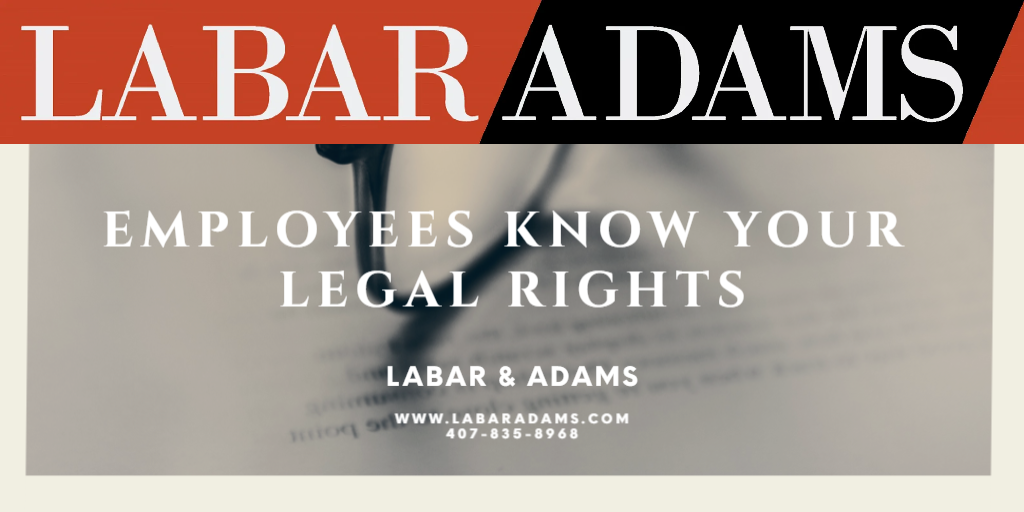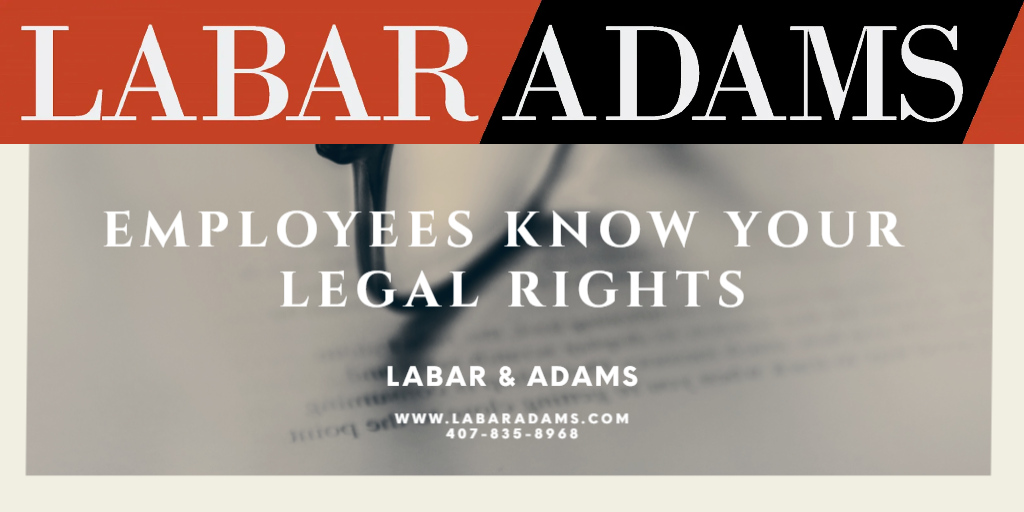The average employee would believe if he or she must submit to sexual abuse in order to receive a job benefit or keep from suffering a job detriment, that they were the victim of sexual harassment protected by the Federal and Florida Civil Rights Act. It would astonish the average employee to know that they may be right.
In the Eleventh Circuit an employer may not require sexual consideration from an employee as quid pro quo for job benefits. Henson v. City of Dundee, 682 F.2d 897, 908 (11th Cir. 1982). In the typical case of quid pro quo sexual harassment the supervisor relies upon his apparent or actual authority to extort sexual consideration from an employee. Id. at 910. In such cases, the tangible employment action is defined as “submission to the unwelcomed advances was an express or implied condition for receiving a job benefit or avoiding a job determinant.” Henson, 682 F.2d at 909 (emphasis added); Farley v. American Cast Iron Pipe Co., 115 F.3d 1548, 1552 (11th Cir. 1997). So far the law seems clear enough. In keeping with the forgoing Eleventh Circuit position, the Second Circuit has observed,
Requiring an employee to engage in unwanted sex acts is one of the most pernicious and oppressive forms of sexual harassment that can occur in the workplace. The Supreme Court has labeled such conduct “appalling” and “especially egregious.” It is hardly surprising that this type of conduct–a classic quid pro quo for which courts have traditionally held employers liable–fits squarely within the definition of “tangible employment action” that the Supreme Court [has] announced.
Jin v. Metropolitan Life Ins. Co., 310 F.3d 84, 94 (2d Cir. 2002). The Ninth Circuit has also observed that,
When … the victim submits to her supervisor’s demands and is hired, promoted, not fired, or not demoted because she has been successfully coerced into engaging in sexual acts with him, she is also directly injured by the employment action. The injury in such cases—the physical and emotional damage resulting from performance of unwanted sexual acts as a condition of employment—is as tangible as an injury can be.
Holly D. v. California Inst. Tech., 339 F. 3d 1158, 1171 (9th Cir. 2003). As the foregoing discussion indicates, it appears that the employee would be correct that an individual that must submit to sexual abuse in order to continue to receive a job benefit or keep from suffering a job detriment is the victim of sexual harassment protected by the Federal and Florida Civil Rights Act. But that is not the end of the story.
Believe it or not, there is a line of reasoning that puts the blame on the victim. Of course the reasoning uses more eloquent legal terms such as “avoidable consequences.” Or stated another way, if the victim of the sexual abuse simply refused to submit to the sexual abuse, such abuse would never have occurred. Such judicial reasoning appears to be turning back the hard fought protections sought for sexual abuse victims codified in such rules as section 794.022, Florida Statues (rape shield statute) and Federal Rule of Evidence 412. See Macklin v. Mendenhall, 257 F.R.D. 596, 604 (E.D. Cal. 2009)(“Questions posed to Plaintiff regarding her sexual conduct, history, or predisposition are shielded from the reach of Defendant’s discovery effort in proceeding of this nature under Fed.R.Civ.P. 412”). Such judicial reasoning seems contradictory to the conclusion that the law “need[s] to protect alleged victims [of sexual misconduct] against invasion of privacy, potential embarrassment, and unwarranted sexual stereotyping, and the wish to encourage victims to come forward….” Rule 412, Federal Rules of Evidence, cmt. (emphasis added). To put the blame squarely on the victims in a submission case would discourage victims from coming forward. To put the blame squarely on the victims would empower such perpetrators of sexual abuse to continue their pernicious and oppressive ways.
Regardless, as originally stated, the average employee may be right to believe they are the victim of sexual harassment if he or she must submit to sexual abuse in order to receive a job benefit or keep from suffering a job detriment. The law and society needs to ensure that such a belief is definitely right.
If you have been a victim of discrimination, harassment, or a hostile work environment, please call the employment attorneys at LaBar Adams in Orlando, FL. at 407-835-8968 or fill out the online form located on our website.





